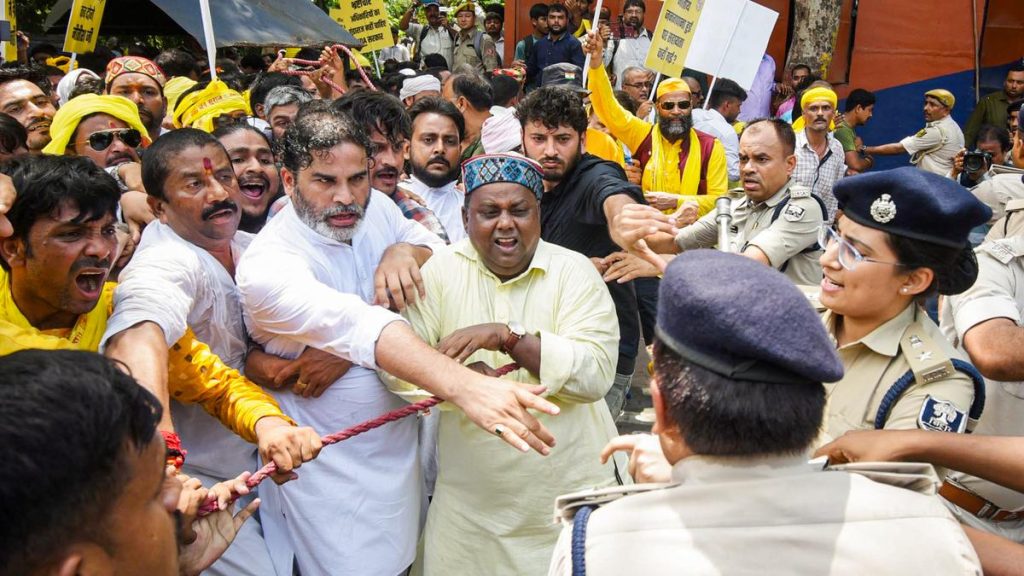Now Reading: Can Supreme Court Rethink Past Rulings Through Presidential Reference?
-
01
Can Supreme Court Rethink Past Rulings Through Presidential Reference?
Can Supreme Court Rethink Past Rulings Through Presidential Reference?
Quick Summary
- Event: The Supreme Court issued notices to the Union Government and States on a Presidential Reference regarding timelines for the President and Governors to act on State Bills.
- Context: The Reference stems from an April 8, 2025, ruling that imposed judicially enforceable timelines on Governors and the President after delays by Tamil Nadu’s governor in granting assent to State Bills.
- Details: A constitution Bench led by Chief Justice B.R. Gavai will begin hearings mid-August, with preliminary scheduling set for July 29.
- Key Issue: Whether courts can prescribe deadlines for constitutional authorities like the President or Governors under Article 143 of the Indian Constitution.
- Legal Background: Article 143 allows Presidential references seeking advisory opinions from the Supreme Court on questions of law or fact. Such opinions are not binding but command persuasive authority.
- Criticism: Opposition leaders and legal experts argue that this move might bypass ordinary appellate processes, indirectly challenging April’s settled verdict via a Presidential Reference.
- Pending Petitions: Similar petitions by Kerala and Punjab relate to Governor actions; Kerala seeks withdrawal while Punjab awaits court directives.
!80/IMGIMGSUPREMECOURT-NKV212OBPIUSL.jpg”>Image
indian Opinion Analysis
This Presidential reference raises foundational questions about judicial intervention in constitutional functions-a delicate area balancing institutional respect with governance efficiency. While Article 143 enables advisory jurisdiction during constitutional impasses, critiques are valid about whether using it circumvents typical review mechanisms established under appellate laws.
The implications for federal relationships are notable: enforcing strict timelines could increase operational clarity but may risk perceived encroachments upon gubernatorial discretion-a constitutionally protected domain. However, judicial enforcement also serves as a countermeasure to avoid indefinite delays that undermine legislative processes at State levels.
The upcoming five-member Bench deliberation provides an prospect for refining broader procedural norms governing executive-legislative interactions without revisiting settled judgments excessively. This could offer substantive guidance applicable nationwide while safeguarding federal harmony amid ongoing disputes involving governors’ roles.
For more details: Read More
























